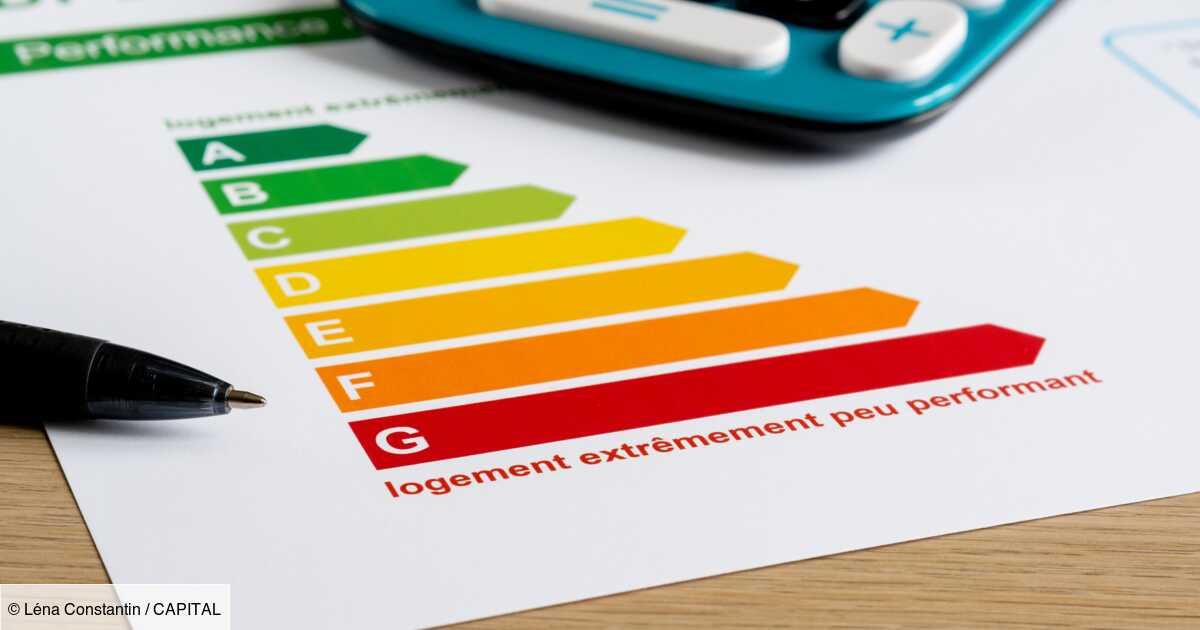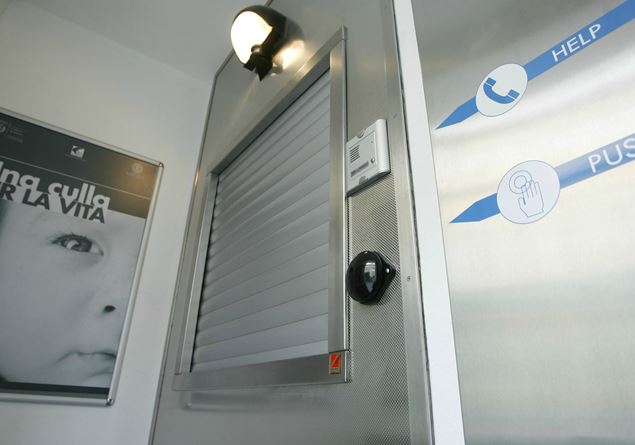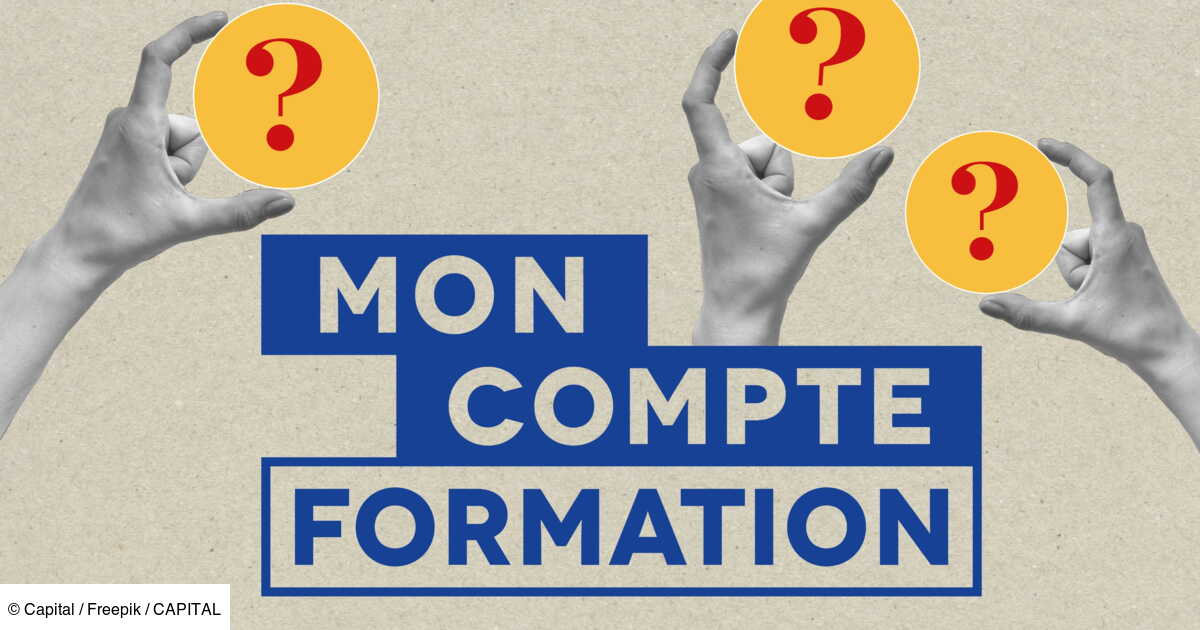
The Court of Cassation ruled in favor of a BNP Paribas client, the victim of a 54,000 euro “spoofing” scam. The bank, for lack of proof, is ordered to reimburse it. A case law which should be a landmark for the benefit of individuals.
-
To safeguard
Saved
Receive alerts Banks
The highest court in the country has spoken. The Court of Cassation handed down a judgment on October 23, ordering BNP Paribas to reimburse a customer who was the victim of a 54,000 euro fraud. The individual fell into the trap of “spoofing”a technique which consists of contacting an individual by pretending to be their bank advisor. Once the customer’s trust has been gained, the latter then communicates his personal security data, such as his bank card code or his identifiers. Information that the scammer will use to their advantage. “This is the first time that the Court of Cassation has expressed itself so clearly on this subject. She even made a press release, a rare thing which shows that she wanted to send a fairly clear message to the banks. explains Maître Alexandre Barbelane, partner at BfB lawyer, a firm specializing in banking law.
In the case studied by the Court of Cassation, the false advisor persuaded the client that possibly fraudulent movements had been recorded on his account. He then asked his victim to remove five people from his list of transfer recipients, before adding them again by entering his secret code. The damage was done, and two days later, his account was debited with several fraudulent transfers, for a total of 54,000 euros.
Bank scam: telecom operators’ battle plan to protect you from “spoofing”
Refusal of reimbursement for “gross negligence”
The client requested a refund from BNP Paribas, which refused it, accusing it of having been at the origin of a “gross negligence”a legal concept which allows the bank to free itself from its compensation obligation, and specified in article L133-18 of the monetary and financial code. The client therefore took the bank to court, and won the case before the Versailles Court of Appeal on March 28, 2023. BNP Paribas then appealed to the Court of Cassation but in vain.
Because the Court of Cassation considers, in its judgment that, “in the circumstances in which the fraud took place, the client cannot be blamed for having committed “gross negligence””. She recalls that the scammer managed to hijack the number of the client’s real banking advisor to make it appear on the victim’s cell phone. Which raises questions about a possible security breach in the establishment. This “technical failure” of the bank had already been raised by the Court of Cassation in November 2020, and subsequently taken up by the Versailles Court of Appeal.
“Banks will pay more attention to reimbursement request letters and therefore abandon their wait-and-see attitude”
The judgment therefore constitutes a case law very favorable to individuals, believes Me Barbelane: “Banks will pay more attention to reimbursement request letters and therefore abandon their wait-and-see attitude.” Otherwise, the different courts could be more severe in their judgments, in particular in “condemning the banks much more strongly on the basis of article 700 of the code of civil procedure (this obliging the losing party to reimburse the legal fees incurred by the winning party, Editor’s note)”.
Receive our latest news
Every week, the key articles to accompany your personal finance.







